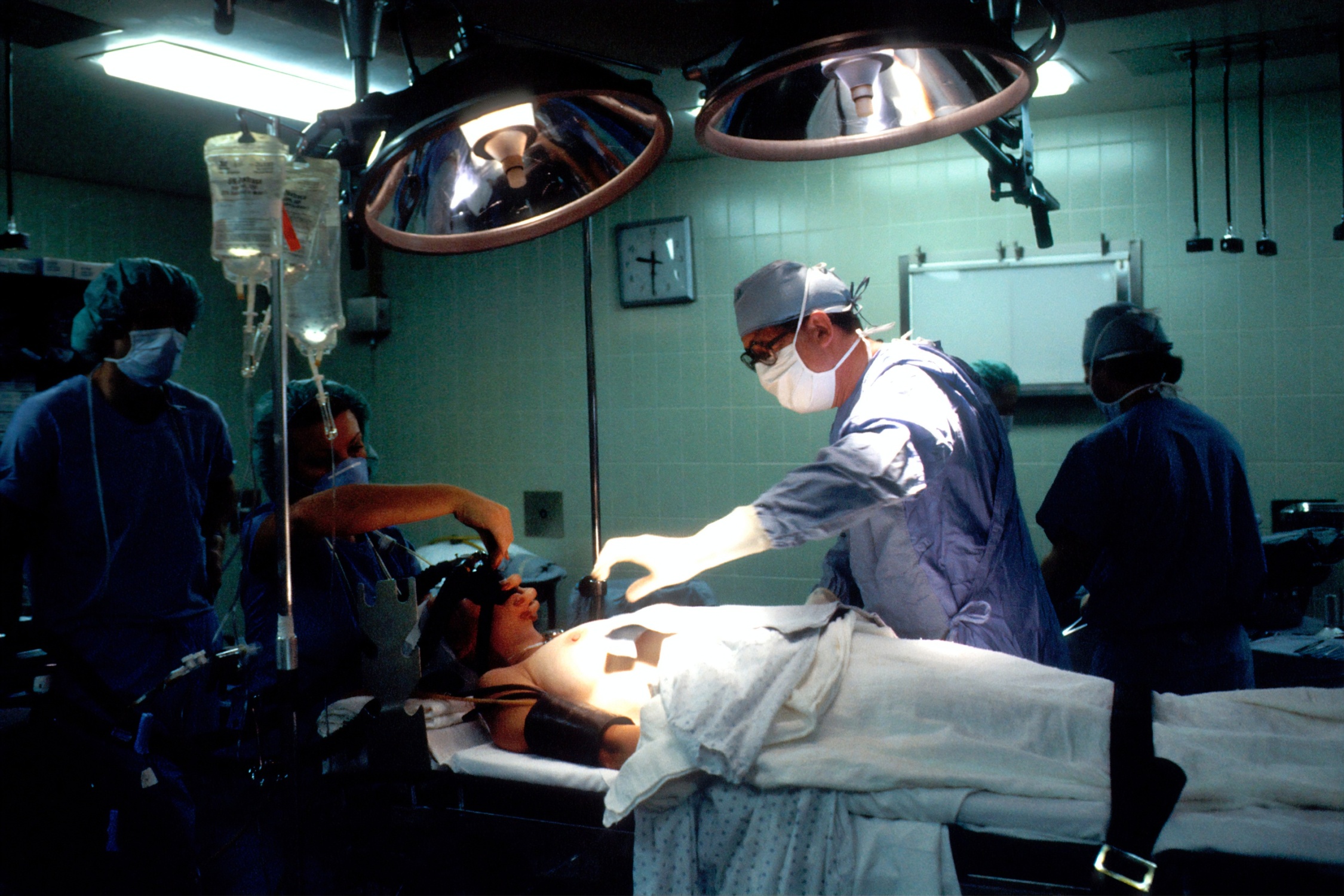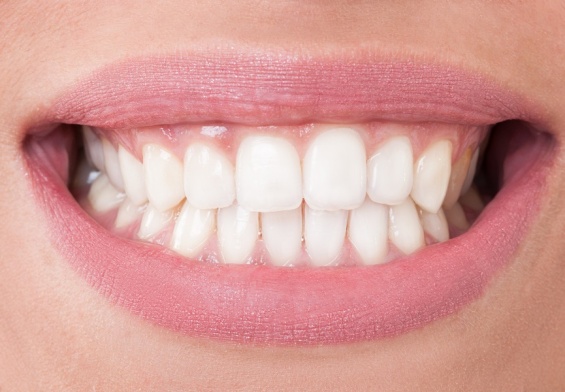Why Tooth Extraction Timing Matters for Millburn Patients
If you’re looking for a same day dentist in Millburn NJ, understanding tooth removal time takes tons of stress out of the equation. When you’re in pain or facing an urgent dental issue, knowing how long an extraction might take helps you plan ahead and feel more comfortable.
This guide breaks down how long tooth extractions take, the difference between simple and surgical procedures, and which factors influence total time. It also shows how same-day dentists in Millburn streamline care using advanced technology.
Quick Answer
A simple tooth extraction usually takes just a few minutes of active removal, usually around one to three minutes according to averages reported in clinical literature. A surgical extraction—used for impacted or broken teeth—can last ten to sixty minutes, depending on complexity.
A large-scale study in BMC Oral Health reviewing almost 100,000 extractions found that about 79% were simple, non-surgical procedures, confirming that most extractions are quick and straightforward. Another peer-reviewed study published in Cureus found that surgical cases take longer when they involve bone removal, tooth sectioning, or other complex steps.
Curious how to evaluate your provider before an extraction? Learn how to know if your dentist is one of the best in NJ to ensure you’re in good hands for procedures like this.
What to Expect During a Tooth Extraction
- Most extractions last under one hour total, including numbing and preparation.
- Recovery generally begins within 24 hours.
- Same-day dentists in Millburn can often evaluate and extract during your first visit.
If you’re in Essex County or nearby, a same day dentist in Millburn NJ can often perform an extraction the same day, reducing downtime and accelerating recovery.
When You Actually Need a Tooth Extraction (and Why Timing Matters)
According to the National Institute of Dental and Craniofacial Research (NIDCR), tooth extraction becomes necessary when decay, trauma, or infection pushes teeth past the point of no return. They’re also common before orthodontic treatments or when overcrowding gets in the way of proper alignment.
Typical reasons include:
- Severe infection or abscess
- Broken or cracked tooth below the gumline
- Advanced gum disease causing loosened teeth
- Overcrowding before braces or implants
If tooth pain or infection has advanced but you’re unsure whether removal is necessary, you may instead need a root canal to save the tooth before extraction becomes the only option.
According to the American Dental Association, tooth extractions are among the most frequently performed dental procedures in the U.S. They wouldn’t be if they weren’t so safe and routine.
Types of Tooth Extractions Explained — and How Long Each One Takes
Simple Extractions (1–3 minutes of active removal)
Simple extractions involve removing visible teeth that are fully erupted above the gumline. Dentists use elevators to loosen the tooth and forceps to remove it, usually under local anesthesia.
These procedures are common for easily accessible decayed or damaged teeth. Because they don’t need incisions or bone removal, they’re fast, straightforward, and require little recovery time.
The BMC Oral Health study found that about two-thirds of all extractions were simple forceps removals, demonstrating that most patients experience a brief, routine appointment.
Surgical Extractions (10–60 minutes of active removal)
Impacted teeth, teeth fractured below the gumline, or teeth surrounded by dense bone necessitate surgical extractions. The procedure involves making a small incision, sometimes removing bone, and occasionally sectioning the tooth into smaller pieces.
Local or sedation anesthesia is usually used. Depending on the case, the surgery itself can last anywhere from ten minutes to an hour, with extra time for anesthesia and recovery.
Research in Cureus found that factors like bone density, root shape, and impaction depth all shape the procedure’s duration.
What Can Affect How Quickly a Dentist Removes Your Tooth
No two extractions are identical. An array of factors influence how long a dentist needs to remove a tooth, from tooth anatomy to oral health and anesthesia type.
1. Tooth Anatomy
Teeth with complex root systems, such as molars, take longer to extract. Bulbous roots or deep impactions can add five to twenty minutes to the procedure.
2. Tooth Location
Upper teeth are often easier to remove than lower teeth because of bone structure. Lower molars, especially wisdom teeth, can take more time due to thicker bone and nerve proximity.
3. Patient Health
Conditions like diabetes, hypertension, or anxiety can affect healing and tolerance for anesthesia. Older patients may need longer appointments to guarantee comfort and safety.
4. Sedation and Anesthesia
Local anesthesia is quick and efficient. Sedation or general anesthesia adds time for induction, monitoring, and recovery. Full sedation can extend the appointment to ninety minutes or longer.
5. Dentist Experience
Operator skill plays a key role. Studies have found that less experienced clinicians may take up to 50% longer for complex extractions compared to seasoned dentists.
6. Number of Teeth
Extracting many teeth in one visit naturally increases total procedure time. Even with efficient techniques, each extra tooth adds preparation and aftercare steps.
Step-by-Step: What Happens During a Tooth Extraction Visit
Simple Extraction Steps
- Anesthesia and Prep: The dentist numbs the area using local anesthetic.
- Loosening the Tooth: An elevator tool gently separates the tooth from its socket.
- Removal: Forceps are used to remove the tooth smoothly.
- Post-Removal Care: Gauze is placed to stop bleeding and form a blood clot.
The entire process often takes less than half an hour, including numbing and aftercare instructions.
Surgical Extraction Steps
- Sedation or Local Anesthesia: The patient is made comfortable before any incision.
- Incision: The dentist opens the gum tissue to access the tooth.
- Bone Removal or Sectioning: In complex cases, dentists may remove a small part of the bone, or divide the tooth.
- Extraction and Closure: The pieces are removed, the area is cleaned, and sutures are placed.
From start to finish, a surgical extraction usually takes between 45 and 90 minutes, depending on complexity.
Same-Day Extractions in Millburn NJ: Fast Relief When You Need It Most
For patients in Millburn experiencing sudden pain, infection, or trauma, a same day dentist in Millburn NJ can check, numb, and extract a tooth in one appointment. This fast-track care provides immediate pain relief and stops infections in their tracks.
A same day dentist in Clark, NJ like Garden State Dental Design specializes in urgent and same-day extractions using advanced tools and imaging for efficiency. Their contemporary protocols ensure minimum waiting and maximum comfort for every patient.
How they streamline care:
- Digital X-rays and On-Site Imaging: Quick diagnostics without referral delays.
- Advanced Sedation Options: Comfortable, anxiety-free extractions.
- Minimally Invasive Tools: Reduced trauma means less swelling and faster healing.
Most same-day appointments last under an hour from check-in to completion, depending on the tooth’s condition.
Recovery and Aftercare: How Soon You’ll Feel Back to Normal
The healing process starts right after extraction. For most simple procedures, discomfort is mild and manageable with over-the-counter medication.
Typical recovery timeline:
- First 24 hours: Bleeding stops and clot formation begins. Apply gauze and cold compresses to manage swelling.
- 2–3 days: Mild soreness subsides. Avoid smoking or using straws to prevent dry socket.
- 1–2 weeks: Gums heal and normal eating resumes.
- 6–8 weeks: Bone heals fully in surgical extractions.
Proper healing also depends on gum health. Understanding what gum recession is can help you maintain strong tissue around remaining teeth after extractions.
According to the NIDCR, maintaining proper oral hygiene and using fluoride toothpaste propagates faster healing. Most patients return to daily activities within a few days.
Common Myths About How Long Tooth Extractions Take
- “Tooth removal always takes hours.” Not true — most procedures are quick. Actual tooth removal time is often less than 30 minutes, even for complex cases.
- “You’ll need many appointments.” Many patients complete evaluation, X-rays, and extraction during a single visit with an emergency dentist Millburn patients trust.
- “Recovery takes weeks.” Soft-tissue healing usually finishes within 1–2 weeks. Only bone healing continues beyond that.
- “Surgical extractions always need general anesthesia.” Most are performed comfortably under local anesthesia with mild sedation, saving time and reducing recovery needs.
Why Millburn’s Technology-Driven Dentists Make Extractions Faster and Easier
Modern dental technology allows a same day dentist in Millburn NJ to perform extractions more efficiently than ever. Digital imaging and 3D scanning cartograph root structures, and dentists use those maps to plan precise, minimally invasive removals.
At Garden State Dental Design, the team combines advanced sedation, high-resolution imaging, and gentle techniques to cut chair time and discomfort. Their patient-centered approach verifies smooth and safe handling of every emergency extraction, often within a single visit.
Key Takeaways: How Long Tooth Extractions Really Take
- Simple extractions: about 1–3 minutes of active removal.
- Surgical extractions: 10–60 minutes, depending on complexity.
- Total appointment time: usually 30–90 minutes including anesthesia and prep.
- Nearly 80% of extractions are quick, simple, and non-surgical.
- Same-day or emergency dentists in Millburn can evaluate and extract in one visit.
With modern tools and skilled care, tooth extractions are faster and easier than most patients expect.
After Extraction: Next Steps to Restore Your Smile
After a tooth extraction, many patients choose to restore their smile with dental implants, bridges, or partial dentures. These solutions replace missing teeth and preserve bone structure and bite alignment.
Many patients who’ve had extractions later explore full mouth rehabilitation to rebuild both function and aesthetics after tooth loss.
Your dentist can discuss these options during your same-day visit to help plan a full-mouth restoration path once healing begins.
Why Millburn Patients Trust Garden State Dental Design for Same-Day Care
When pain strikes, you need fast, reliable care. Garden State Dental Design offers same-day emergency appointments, advanced imaging, and gentle sedation for a stress-free experience.
Their experienced team focuses on efficiency, comfort, and long-term oral health. For quick relief and expert care, contact a same day dentist Millburn NJ patients trust for quality and compassion.
Resources
Darwish G. Radiographic Evaluation Factors That Influence the Decision of the Tooth Extraction Method. Cureus. 2024;16(4):e57746. Published 2024 Apr 6. doi:10.7759/cureus.57746
Lindahl O, Ventä I. Level of difficulty of tooth extractions among roughly 100,000 procedures in primary care. Clin Oral Investig. 2023;27(8):4513-4520. doi:10.1007/s00784-023-05073-4
National Institute of Dental and Craniofacial Research – Tooth Decay




